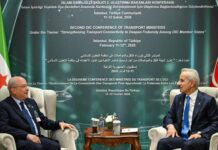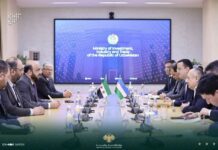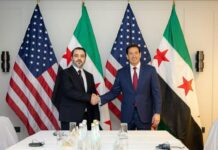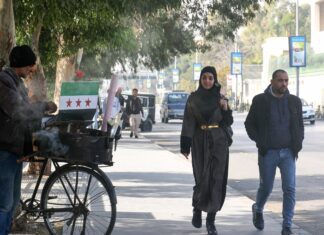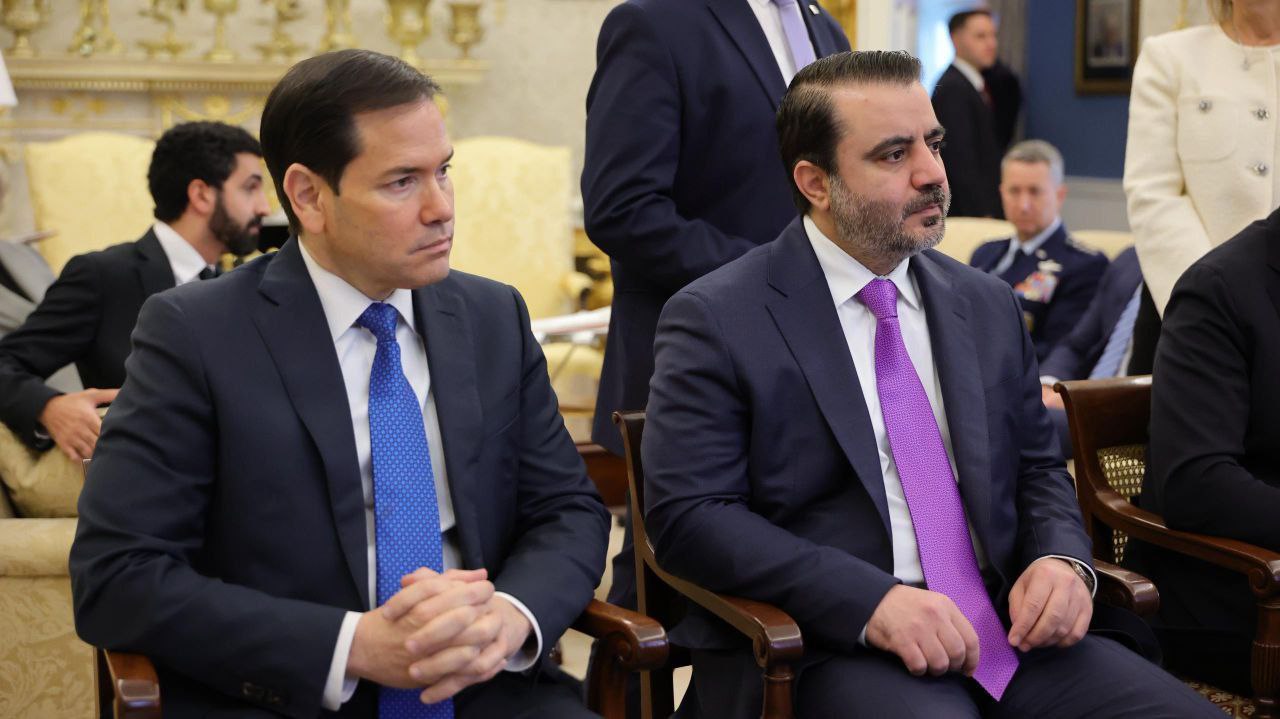
Syria’s Foreign Minister Asaad Shaibani announced Tuesday that his country’s diplomatic mission would resume operations in the US after Washington lifted restrictions imposed under the Caesar Act. The move follows what both sides described as a “historic” meeting between Syrian President Ahmad al-Sharaa and US President Donald Trump at the White House yesterday.
In a post on X, Shaibani confirmed that he received an official decision signed by US Secretary of State Marco Rubio to lift all legal measures previously imposed on the Syrian Embassy. “Today Syria regains the ability to exercise its diplomatic role with complete freedom on American soil,” Shaibani said. He added that the decision marked a “new chapter” in bilateral relations and would allow Syria to pursue its reconstruction agenda with international support.
The Syrian Ministry of Foreign Affairs stated that Trump had pledged “necessary support” for Syria’s rebuilding process, while commending the leadership in Damascus for what he called “successful management of the transition period.”
Trilateral Talks Emphasize Stability and Reconstruction
At Trump’s direction, a trilateral meeting followed between Shaibani, Turkish Foreign Minister Hakan Fidan, and Secretary Rubio outlining implementation of agreements reached between Washington and Damascus. The agenda included integrating the Syrian Democratic Forces (SDF) into the national army, an effort described as part of Syria’s institutional unification and national security reforms.
Fidan said in remarks carried by Anadolu Agency that he conveyed Turkey’s position on Syria’s territorial integrity and stability to both the American and Syrian delegations. “The unity and stability of Syria constitute a guarantee for the security of the entire region,” Fidan said, confirming that his participation came at the invitation of the US side.
The talks also addressed steps toward a potential security agreement between Syria and Israel, which officials said could bolster regional stability. The US State Department reaffirmed support for that process, noting that such coordination aligns with Trump’s vision of “stability and peace in the Middle East.”
Suspension of Sanctions and Conditions for Renewal
Rubio confirmed the suspension of mandatory sanctions imposed under the Caesar Act for 180 days, describing the decision as part of Trump’s broader plan to “support Damascus’s efforts to rebuild its economy after years of conflict.” The Treasury and Commerce departments issued a joint statement explaining that the suspension would allow for economic engagement in Syria while maintaining restrictions on transactions linked to Russia and Iran.
“The US remains committed to a unified, stable, and peaceful Syria,” the statement read. “Lifting sanctions will allow for economic rebuilding and prosperity for all citizens.” However, Rubio emphasized that Washington expects Damascus to take “concrete steps to turn the page on the past and work toward peace.”
The US government retains the authority to reinstate sanctions if Syria fails to uphold its commitments or if national security concerns arise, according to the statement. For both Washington and Damascus, the continued strengthening of diplomatic relations marks the beginning of cautious engagement. Whether it leads to long-term relationships will depend, officials say, on Syria’s next steps in reconstruction and reconciliation.

